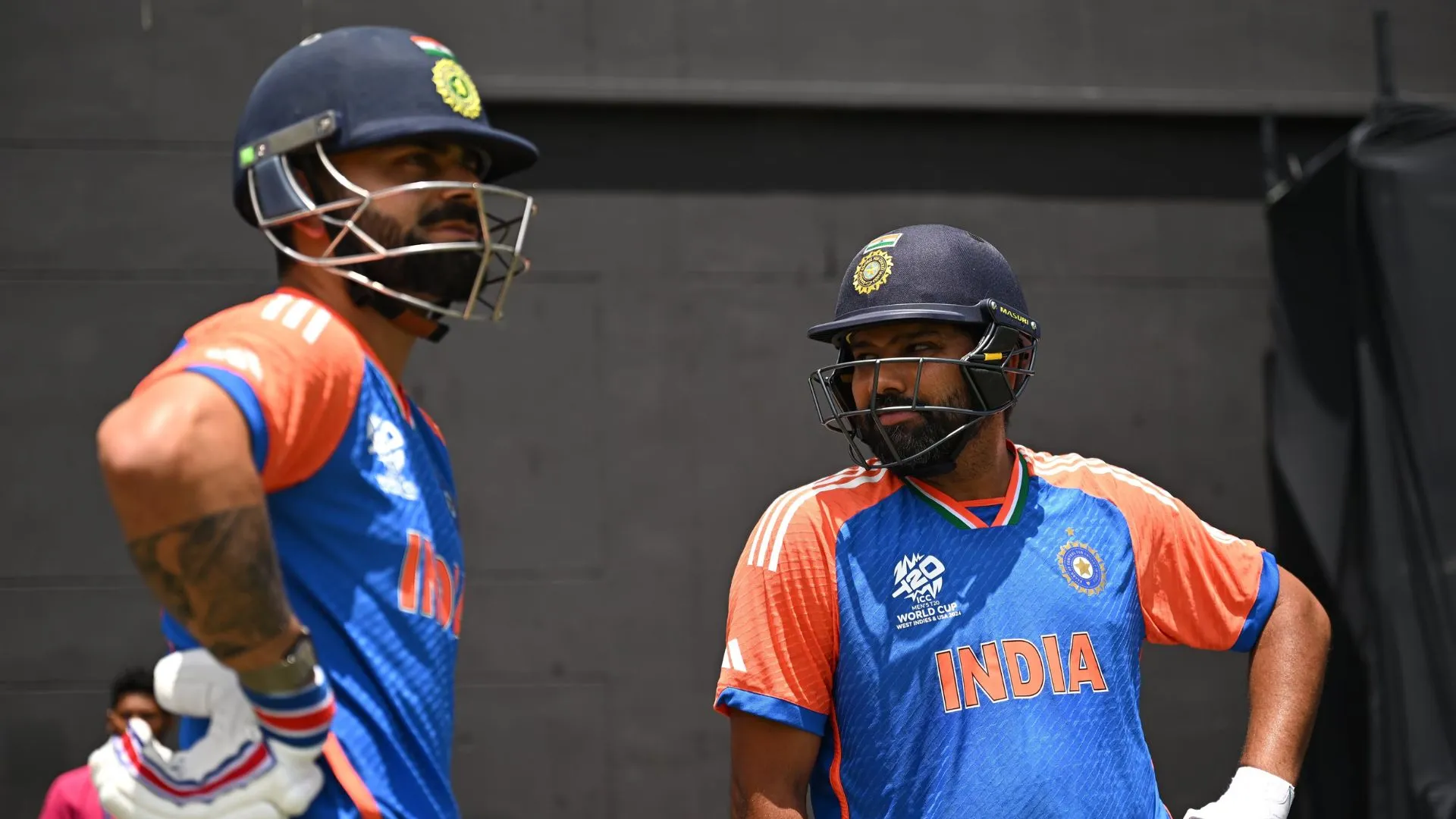The ICC Champions Trophy 2025 has been a historic event for Pakistan, a milestone in the country’s cricket history. With the much-awaited final between India and New Zealand scheduled to be played tomorrow on Sunday at the Dubai International Stadium, the tournament has already made an indelible mark on Pakistan—both on and off the field.
Hosting the Champions Trophy has brought economic growth, international sporting recognition, and significant infrastructure growth to Pakistan in its three premier cricketing cities—Lahore, Karachi, and Rawalpindi, and that may have taken decades to accomplish has been expedited by the smooth conduct of this tournament.
Since its launch in 1998, the Champions Trophy has been one of cricket’s most competitive tournaments. In its eight editions, thirteen teams have participated, with Australia and India being the most successful, having won the title twice each. Pakistan, South Africa, New Zealand, Sri Lanka, and West Indies have each won the trophy once. At the same time, seven national teams have appeared in every edition, a testament to the tournament’s high level of competition.
Apart from the exhilarating cricket action, the 2025 Champions Trophy has also held great economic and diplomatic significance for Pakistan. The return of an ICC mega event to the soil of Pakistan has not only enhanced the country’s sports economy but also boosted its international reputation as a secure and competent host of international tournaments. This triumph has opened the door to further sporting events, further cementing Pakistan’s standing in the global cricket world.
As the ICC Champions Trophy 2025 nears its grand finale, with India and New Zealand set to clash in the ultimate showdown at the Dubai International Stadium, it is time to assess what this tournament has truly meant for Pakistan. While it has undoubtedly been a historic milestone for the country, bringing back international cricket on a grand scale, the question remains—was it a success or a missed opportunity?
What Pakistan has gained from this Tournament?
Having a tournament of this size is the harbinger of several economic and diplomatic benefits. As cricket analysts state, “The Champions Trophy is not merely cricket. It’s a chance for Pakistan to restore its reputation as a worldwide sporting destination and improve its economy through sports tourism and foreign partnership.”
1. Financial Stability and Revenue Generation
Sponsorships and Broadcasting: Global broadcasters such as PTV Sports, Sky Sports, and Star Sports will shell out millions of dollars for broadcast rights.
Ticket Sales and Merchandising: Stadiums at full capacity in Lahore, Karachi, and Rawalpindi will bring in millions of ticket revenue. Merchandising sale (team jerseys, souvenirs) will also contribute to the economy.
Sponsorship Contracts: Local and global brands will spend big money on sponsorships, further energizing Pakistan’s sports economy.
2. Tourism and Hospitality Industry Boost
- Thousands of global supporters, reporters, and cricket boards will descend upon Pakistan, generating additional revenue in restaurants, hotels, and transport.
- There will be a rise in air traffic and tour bookings that will favor Pakistan’s tourism industry.
- A successful event will also facilitate subsequent tourism in other than cricket, positively affecting Pakistan’s overall economy.
3. Infrastructure Development
The tournament was required upgradation in stadium infrastructure, security, and hospitality as well as transport and security improvements. Pakistan did upgrades in roads, and hotels which helped the residents and local businesses.
4. Job Creation
The tournament provides direct jobs which includes stadium operations, security personnel, hospitality, catering, and event management. Inspite of this the chaampionship also provides additional demand in service, retail, and tourism industries which comes under indirect jobs.
Why Pakistan Was Unable to Host Any International Series for Years
Pakistan’s hosting rights for any major tournament were severely impacted by the 2009 terrorist attack on the Sri Lankan cricket team in Lahore in which 6 people were killled.
There were several impact of that attack on Pakistan, which includes;
- International teams refusing to tour Pakistan due to security concerns.
- Shifting of 2009 Champions Trophy from Pakistan to South Africa.
- The 2011 Cricket World Cup, which was originally scheduled to be co-hosted by Pakistan, was moved to India, Sri Lanka, and Bangladesh.
- Pakistan being forced to play its home series in the UAE for nearly a decade.
- The absence of international cricket resulted in massive financial losses for the PCB, as home matches played in neutral venues generated significantly less revenue.
Asia Cup (2003) Controversy and Hybrid Model
Pakistan officially hosted the Asia Cup 2023, but a major diplomatic and sporting controversy emerged when India refused to play in Pakistan. The Board of Control for Cricket in India (BCCI) cited security concerns, leading to a compromise known as the Hybrid Model.
Although Pakistan hosted some matches of the Asia Cup but India and other teams played their matches in Sri Lanka, effectively making it a neutral venue. This move was seen as a diplomatic setback for Pakistan, as India’s refusal to travel reinforced ongoing political tensions affecting sports. Despite this, the tournament still generated economic activity in Pakistan through the matches it hosted.
Pakistan’s History as a Host Country
While Pakistan has faced hosting challenges in recent decades, it has a strong history of successfully organizing major cricket tournaments:
1996 Cricket World Cup: Pakistan co-hosted the event with India and Sri Lanka. Notably, India played two matches in Pakistan, proving that cricket diplomacy was once possible.
2004 and 2008 Asia Cups: Pakistan successfully hosted these tournaments without security concerns.
Pakistan Super League (PSL): Since 2017, the PSL has gradually brought international cricket back to Pakistan, rebuilding confidence in the country’s ability to host global events.
The Political Angle: Jay Shah and ICC’s Stance
A key challenge for Pakistan’s hosting ambitions is India’s stance on playing in the country. Jay Shah, the ICC Chairman and also serves as the chairman of the ICC’s Finance & Commercial Affairs Committee. His influence in global cricket decisions means that India’s participation in ICC events hosted by Pakistan remains uncertain.
Despite being a crucial part of ICC decision-making, Jay Shah has never visited Pakistan. His reluctance reflects the broader diplomatic tensions between the two nations. However, if Pakistan successfully hosts the Champions Trophy 2025, it will be a major achievement despite these challenges.
Despite past challenges—such as security concerns, India’s refusal to tour, and political tensions—Pakistan has successfully regained its position as a cricketing host. If the tournament is executed smoothly, it will open the doors for future mega-events, benefiting not only cricket but also Pakistan’s sports economy as a whole.























